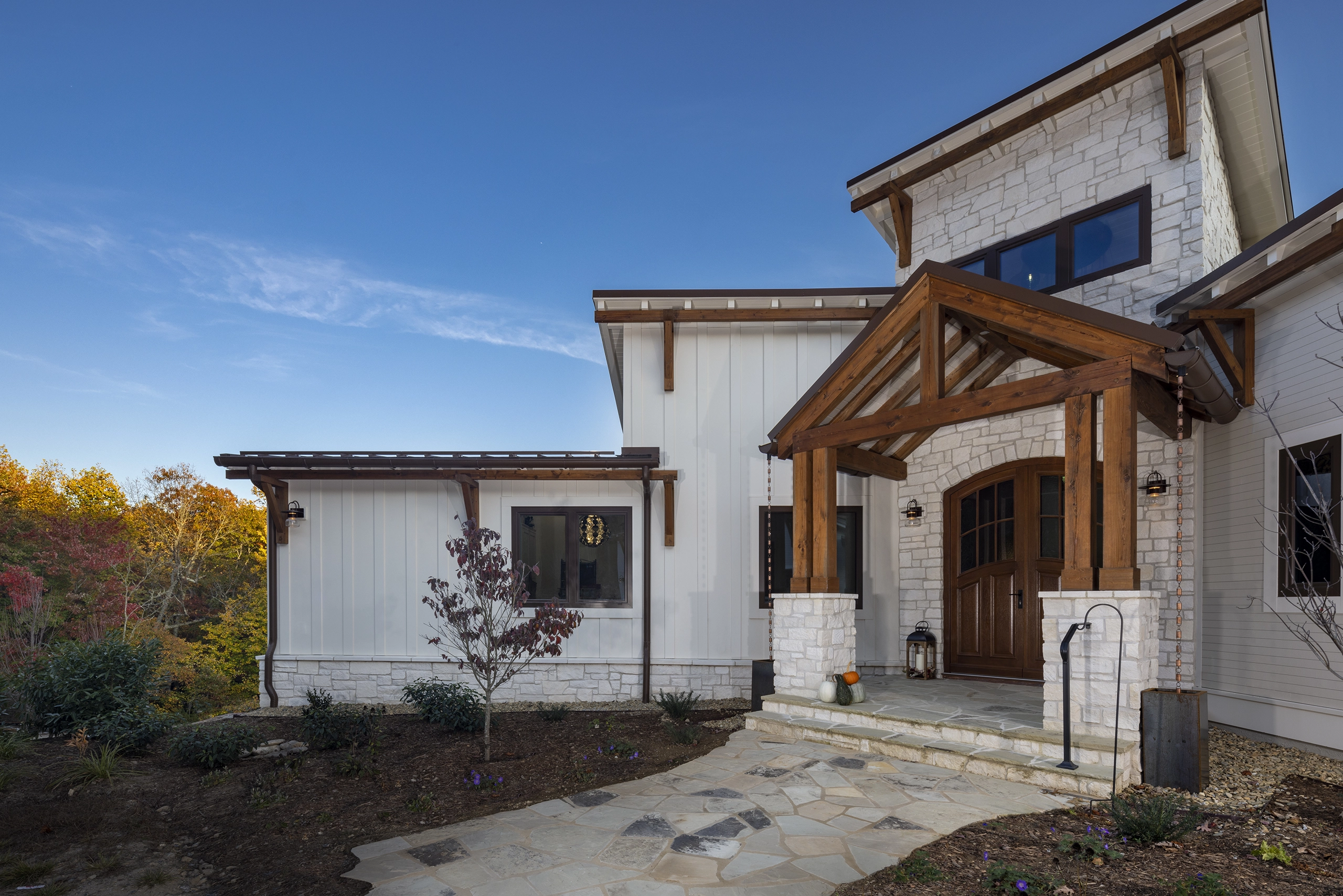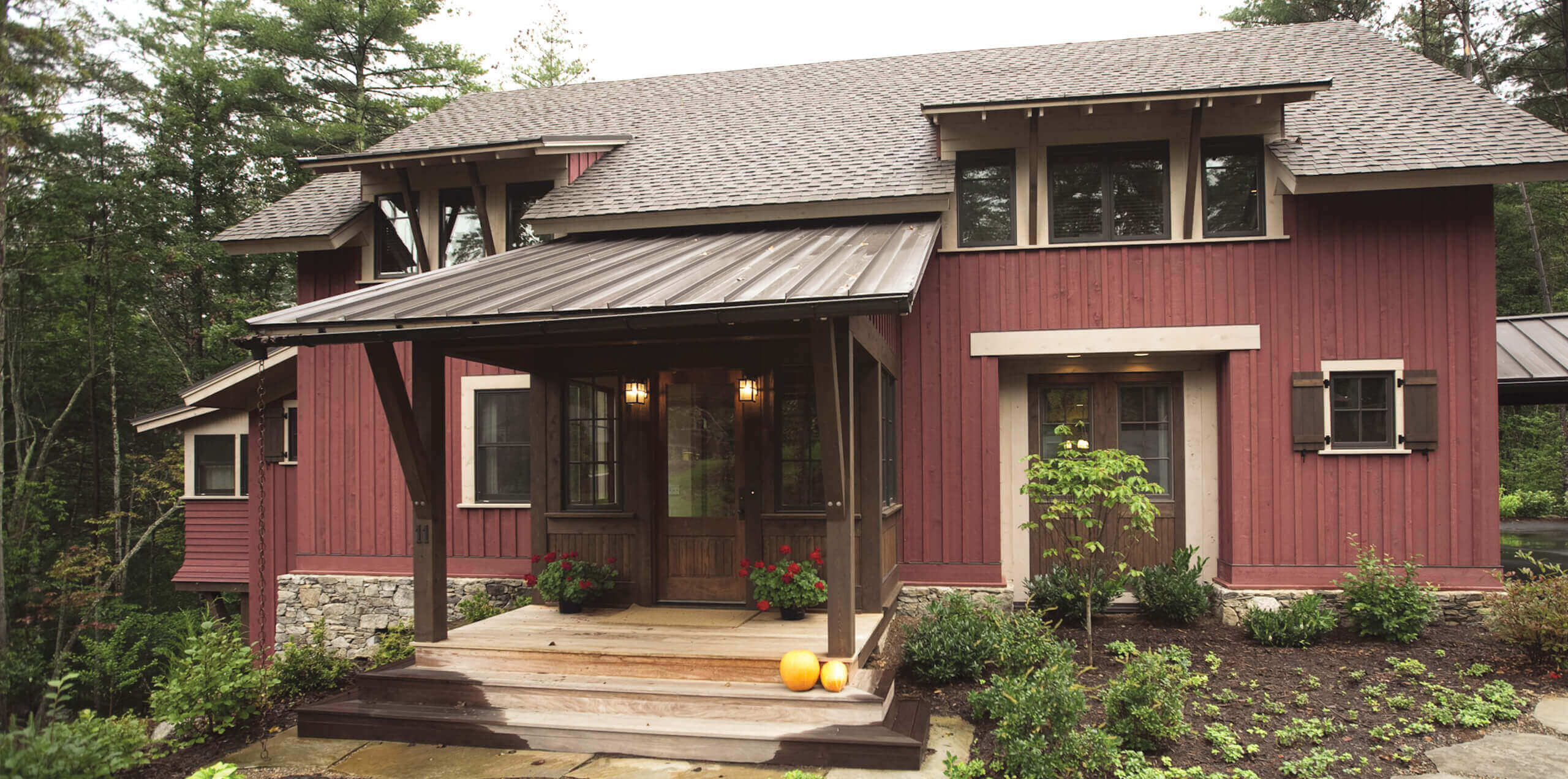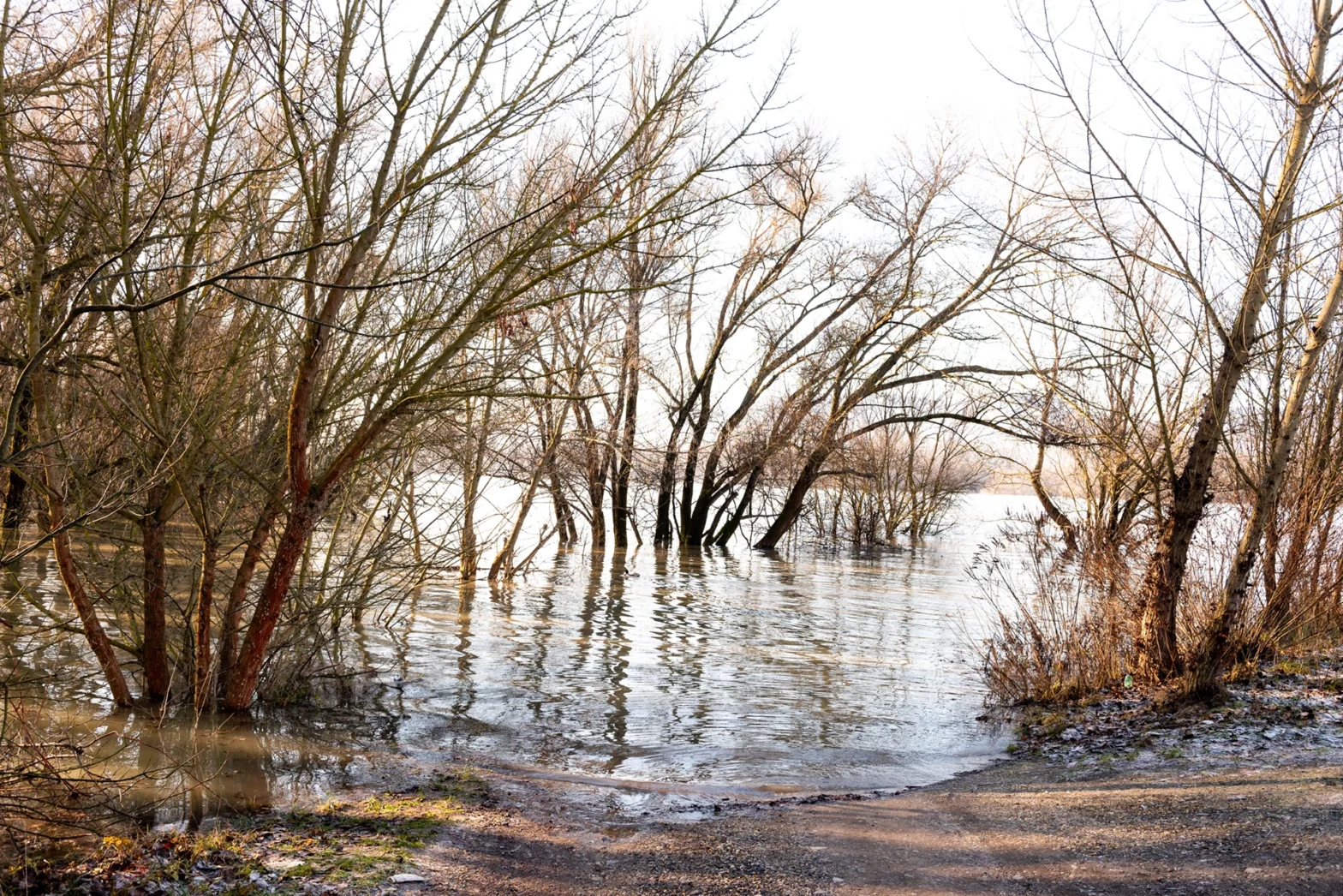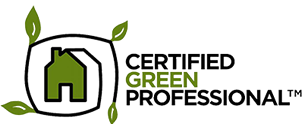In the aftermath of Tropical Storm Helene, which devastated many communities in Western North Carolina, the region faces not only physical damage but the deep emotional toll caused by the loss of life of loved ones, destruction of homes, and disruption of normal life. Survivors are now grappling with the stress, anxiety, and trauma that follow such catastrophic events. While the physical rebuilding has begun, it’s equally important to focus on mental health recovery to help residents heal emotionally and regain a sense of stability.
Below, we outline critical mental health resources available in the region and offer practical tips for coping with the emotional impact of this storm.
Why Mental Health Support Is Crucial After a Natural Disaster
Natural disasters like Tropical Storm Helene can lead to a range of emotional and psychological reactions, including stress, anxiety, depression, and post-traumatic stress disorder (PTSD). Losing a loved one, watching homes and communities get destroyed, or facing an uncertain future can be deeply distressing. Survivors’ guilt is also common, where people who were less affected than others feel a sense of guilt for surviving or not facing as much loss. Additionally, first responders, volunteers, and even close friends and family can experience compassion fatigue as they care for those in need during long recovery efforts.
Addressing these mental health challenges is essential, as emotional well-being is closely linked to long-term recovery from disaster. Seeking help early can mitigate the long-term impacts of trauma.
Local Mental Health Resources for Western NC Residents
Here are some critical mental health resources for residents affected by Tropical Storm Helene:
- Vaya Health
Vaya Health offers a range of mental health services throughout Western North Carolina, including crisis intervention, counseling, and support for those struggling with trauma from the storm. Call their 24/7 hotline at 1-800-849-6127 for immediate assistance.
https://www.vayahealth.com/helene-recovery/ - Mission Hospital Behavioral Health
Located in Asheville, Mission Hospital provides specialized care for those dealing with anxiety, PTSD, and depression. The hospital’s behavioral health department offers a variety of therapy options tailored to those recovering from natural disasters.
https://www.missionhealth.org/specialties/mental-health-and-wellness - NC Disaster Distress Helpline
A national hotline specifically for those affected by disasters, this service connects residents to crisis counselors trained to help with the emotional effects of natural disasters. Call 1-800-985-5990 or text “TalkWithUs” to 66746. - NAMI (National Alliance on Mental Illness) Asheville Chapter
NAMI Asheville offers peer support groups, free counseling, and education about mental health conditions that can be triggered by events like Tropical Storm Helene. They also connect individuals with local therapists and support services.
https://namiwnc.org/
Call: (828) 505-7353 - United Way’s NC Essential Assistance Hotline (211)
Dial 211 for non-emergency assistance related to shelter, food, and emotional support. They provide information on local services, including counseling and disaster recovery support.
https://nc211.org/about/#:~:text=United%20Way’s%20NC%20211%20is,888%2D892%2D1162).
Tips for Managing Stress and Anxiety After a Disaster
While professional help is key, you can also take steps to manage stress and anxiety on your own:
- Acknowledge Your Emotions: It’s normal to feel overwhelmed after a disaster. Allow yourself time to process the emotional and physical losses. Grief, frustration, and fear are all common responses.
- Stay Connected: Reach out to family, friends, and neighbors. Social support helps reduce feelings of isolation and provides emotional comfort. Sharing experiences and resources can also help others cope.
- Set Limits on News Consumption: Constantly watching news coverage of the storm can increase anxiety. Try to limit exposure to distressing images or stories, and instead focus on positive steps in your personal recovery.
- Practice Mindfulness and Relaxation: Techniques like deep breathing, meditation, or yoga can help calm your nervous system. Even taking a few moments each day to sit quietly and focus on your breath can reduce anxiety.
- Physical Activity: Exercise can alleviate the physical symptoms of stress. Walking, stretching, or even light exercises at home can help improve mood and reduce tension.
- Seek Help for Substance Use: If you notice an increase in alcohol or drug use to cope with stress, seek help. Substance use can worsen anxiety and depression over time.
Coping with Survivors’ Guilt and Compassion Fatigue
If you’re feeling overwhelmed by survivors’ guilt or compassion fatigue, especially if you’re helping others recover, it’s important to recognize your own limits:
- Talk to Others: Speaking with people who’ve been through similar experiences can be very helpful. Peer support groups, like those offered by NAMI, can provide a space to process these feelings.
- Set Boundaries: It’s easy to overextend yourself during recovery efforts, but it’s important to know when to take a step back and care for your own well-being.
- Practice Self-Compassion: Be kind to yourself during this time. Remember that everyone deals with trauma differently, and it’s okay to prioritize your mental health.
In Conclusion
The mental health effects of Tropical Storm Helene will take time to process. However, by seeking support and using effective coping strategies, survivors can begin to heal emotionally while continuing their physical recovery. Whether you are dealing with anxiety, survivors’ guilt, or compassion fatigue, know that there are resources and people ready to help. You don’t have to face this alone—reach out to the services available and take steps toward emotional recovery today.
For more information on available resources, or to connect with local support services, explore the links provided in this post.















